Earlier today, I read a news item on MyJoyOnline captioned “Ghana’s economic challenges: Christian Council Chairman wants Ghanaians to minimize criticism” citing comments by a prominent clergyman who appeared to criticize the public outcry over the present hardships.
This struck me hard. To heed this call is to revert back from citizens to spectators, and to resign ourselves to whatever comes next. When the music stops, I pray the clergyman and the people who think like him will continue their dance.
The unfolding collapse of our economy is devastating incomes and wiping away the value of hard-earned savings for millions of Ghanaians. The stunning pace of the decline has afforded no time to plan or prepare, and the acute impact on cost-of- living in the country is dragging whole families below the poverty line.
Each new day brings with it worse news of higher prices, and more anxiety for a populace that is nearing the absolute limit of its pain tolerance. It is the complaints and concerns about this state of affairs - the anxious expressions of grave concern - that this Clergyman would see muzzled.
In these trying and uncertain times, his insinuation that Ghanaians should keep quiet because they are not educated enough to understand the global economic crisis is deeply offensive. His comments are akin to the persistent denial of reality by the government and its disdain for opposing views. They are as lacking in empathy as they are in judgment and good sense.
All the spin and bombast we have heard from the government over the past year, especially from the Finance Minister, have been laid bare for their emptiness and insincerity. The evidence of that is the rapid collapse of our national economy that all fair-minded people now see clearly, giving credence to what our elders say, “Yenfa ntwaho nsisi okomfo”.
The eroding confidence, good will, and basic respect for the Presidency and appointees is the sad outcome.
The masquerade is over.
There is no appetite for any more empty rhetoric, false promises, or hollow words. There is no more room for haughtiness, contempt, or the egos of persons who bear rule. The elemental unit of political power in a democratic state is trust.
Trust engenders credibility, and credibility is the essence of legitimacy. The endless u- turns, gas lighting, and doublespeak on the causes and remedies of this crisis have fatally undermined the former, and they are starting to sow seeds of doubt about the latter.
The precarious tension in the nation is made worse especially by uncertainty over what comes next. Inconsistent and insensitive messages from government apparatus, overtly massaged for propaganda effect, have heightened the anxiety and frustration, and the bitter taste of repeated deceits makes them less and less palatable.
The working people of Ghana are now told to rest the futures and fortunes they invested in government bonds on the President’s word that there will be no haircut as part of the ongoing IMF negotiations. Let us all hope that this is the truth. Millions suffering through depreciation, hyperinflation, and plummeting living standards are holding on to this pledge in the faint hope that they may fall back on these long-term and last-resort savings.
To raise their hopes in order to win news cycle, only to renege at the first opportunity, is a blow that will not be suffered quietly.
The public mood is devolving into rage, and the appetite is shifting from justice to vengeance. This build-up of anger and resentment is not a sustainable state of affairs. The dire implications for our national security cannot be exaggerated, and the jeers still ringing in the ears of the President and his Vice would be adequate warning for those concerned about our stability.
The only way forward for the government is candor about the causes of the current distress, transparency about its effects and implications, and accountability by the persons responsible for this economic collapse. Those people do not live in Moscow or Kiev.
I count among my greatest privileges to have been part of the generation of student leaders that, in the mid-1970s, heard the cry of a nation in turmoil and rose up against the then ruling SMC regime to demand change in the direction the country was going.
Life was dismal. It was marred by food shortages, general scarcity, and an acute cost- of-living crisis that had no precedent in our history to that point. Ghanaians of my generation recall the situation of near hopelessness and hardship of those days with trepidation, and are wont to make comparisons with our present circumstances.
I daresay many – I included – at first hoped, and eventually came to believe, that we would not see it’s like again in our time. History is, however, repeating itself before our very eyes. Ironically Nana Akufo Addo, who actively participated in the agitations of that era as a member of the GBA, now finds himself at the helm of affairs as President of the Republic. I urge him to seek counsel in the reflection of the past. History may not always repeat itself, but it usually rhymes.
The threat of the present moment extends far beyond the political fate of the ruling government.
We are living through an alarming cascade of systemic shocks to our economic, political, and civic lives which present a real threat to public confidence in the very credibility of democratic governance itself.
This is, without exaggeration, one of the greatest emergencies in the history of the 4th Republic. Its values and institutions are being tested. It behooves all of us who love this country to see in this moment an opportunity to rise in its defense. That does not mean blind support of the current political system, which fails to meet the aspirations of the rising generations of young Ghanaians.
Far from it. This is a call to engage in a serious, deliberative conversation about rebalancing power in the people’s interest and towards the aspirations of the youth, central to which is constitutional and institutional reforms. This is a necessary step to restoring faith in our democratic experiment, and we must hold any future government to this - even and especially an NDC government.
In the immediate term, however, this situation demands accountability. I join calls for the resignation or dismissal of the Minister of Finance for gross incompetence and egregious conflict of interest, and I urge his censure in Parliament in lieu of these.
Purely on grounds of principle, our Vice President should himself relinquish his role on the Economic Management Team. But, on the balance of the last six years, I do not expect him to rise above himself and will not hold my breath. To the NPP Majority in Parliament I say good try in your bid to oust the untouchable Ken Ofori-Atta. A deeply skeptical nation hopes it was not a mere political gimmick.
To all Fellow Ghanaians, especially the clergy, I leave these profound words from the eve of the Haitian Revolution:
“If the most prompt and effective measures are not taken; if courage, firmness, and consistency do not animate us all; if we do not quickly bundle together all our energies, all our abilities, and all our efforts; if we sleep for an instant on the edge of the abyss; let us tremble at the moment of our waking”.
God bless our Homeland Ghana.
Source//sompaonline//Eric Murphy Asare


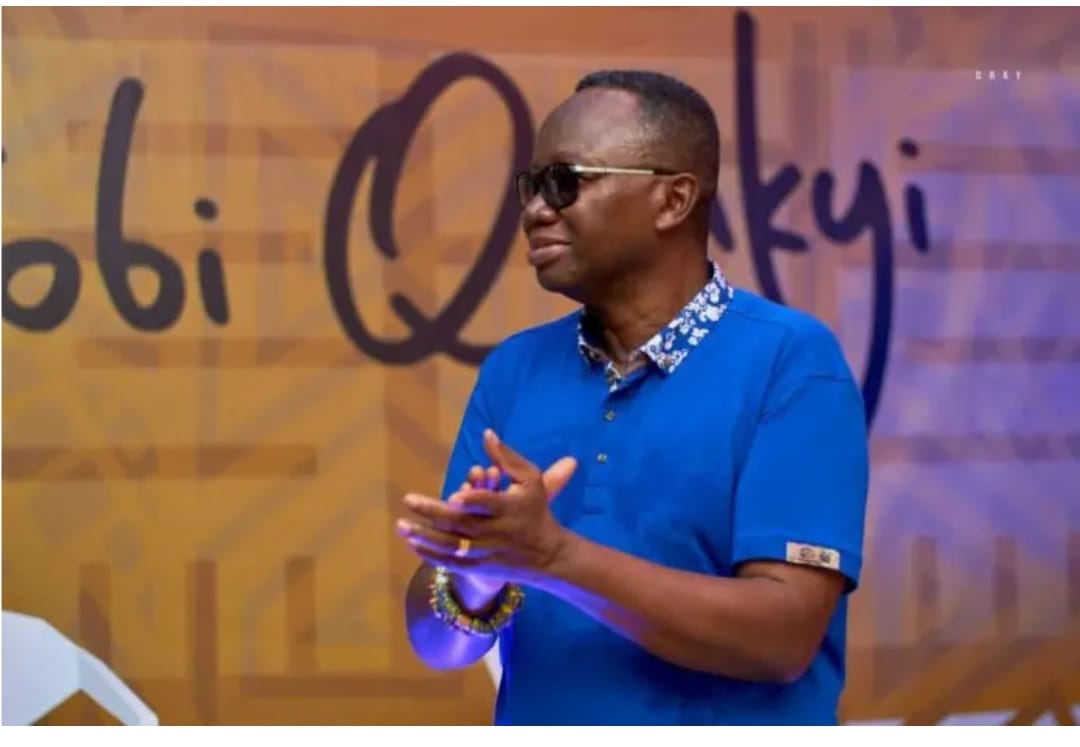


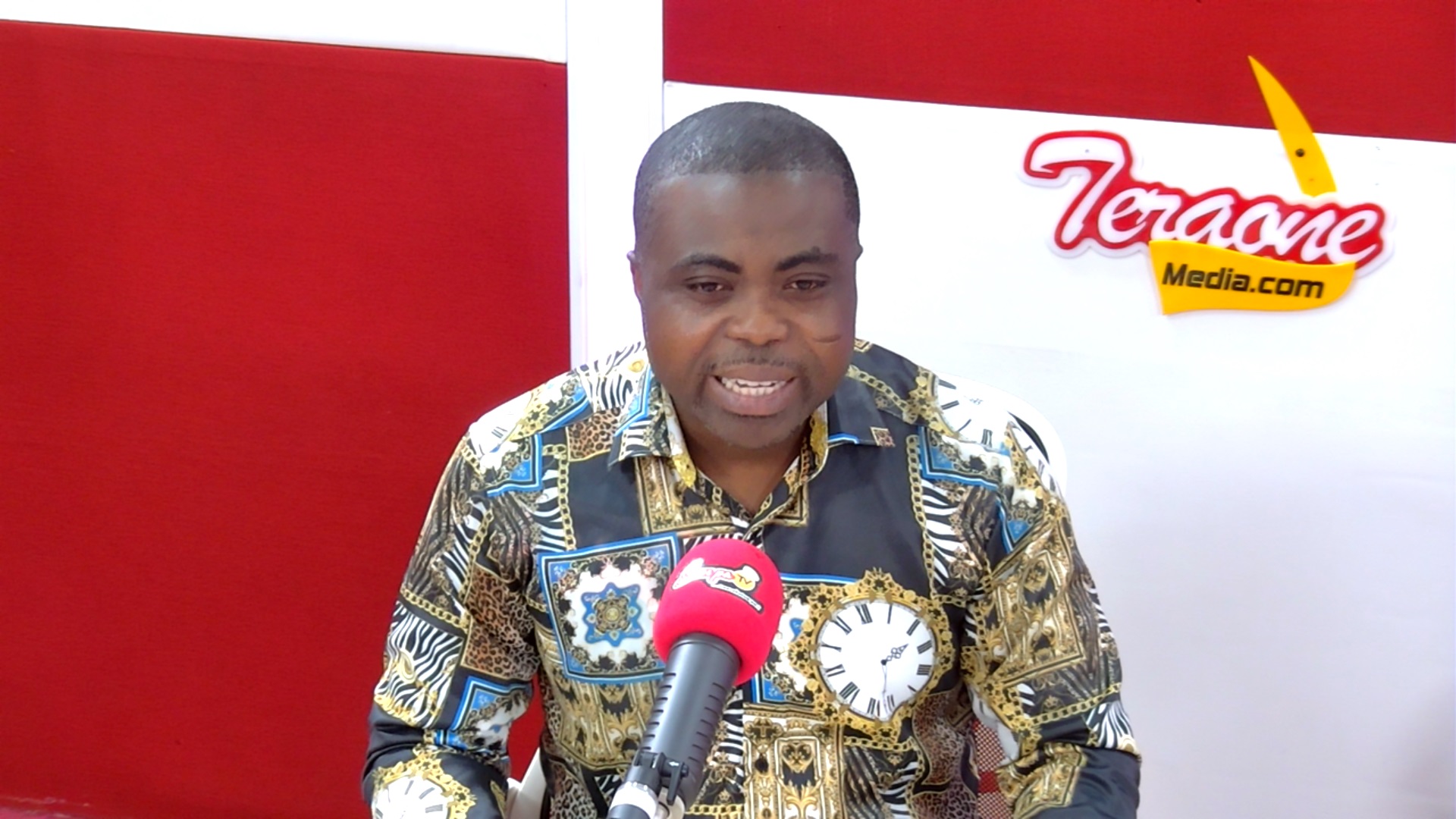
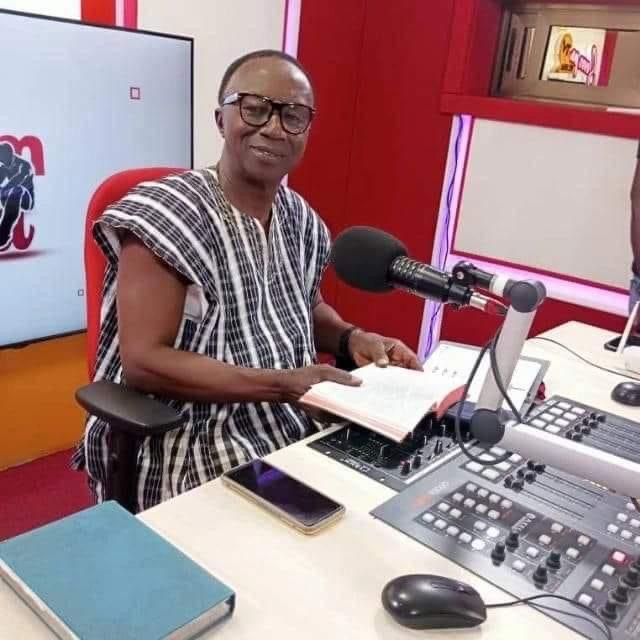



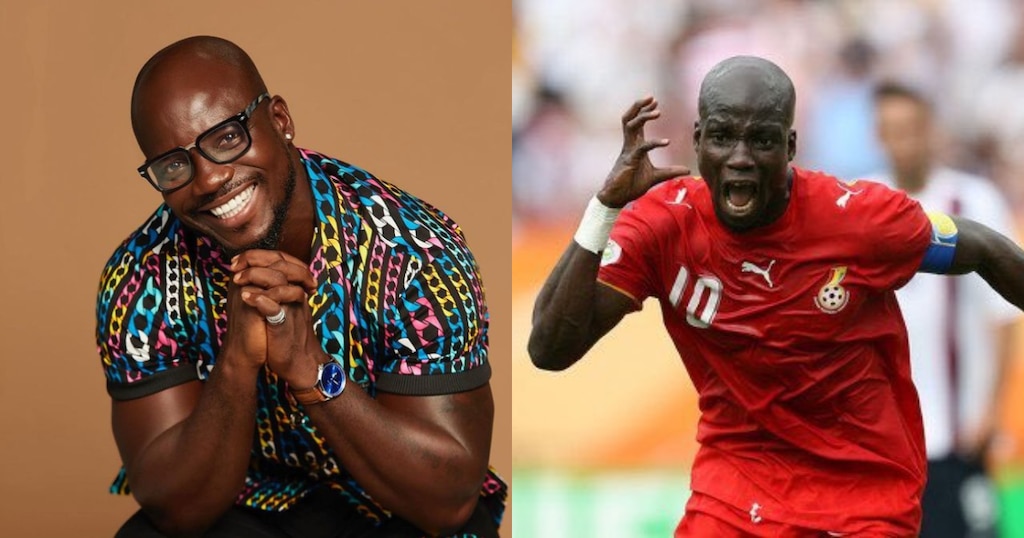

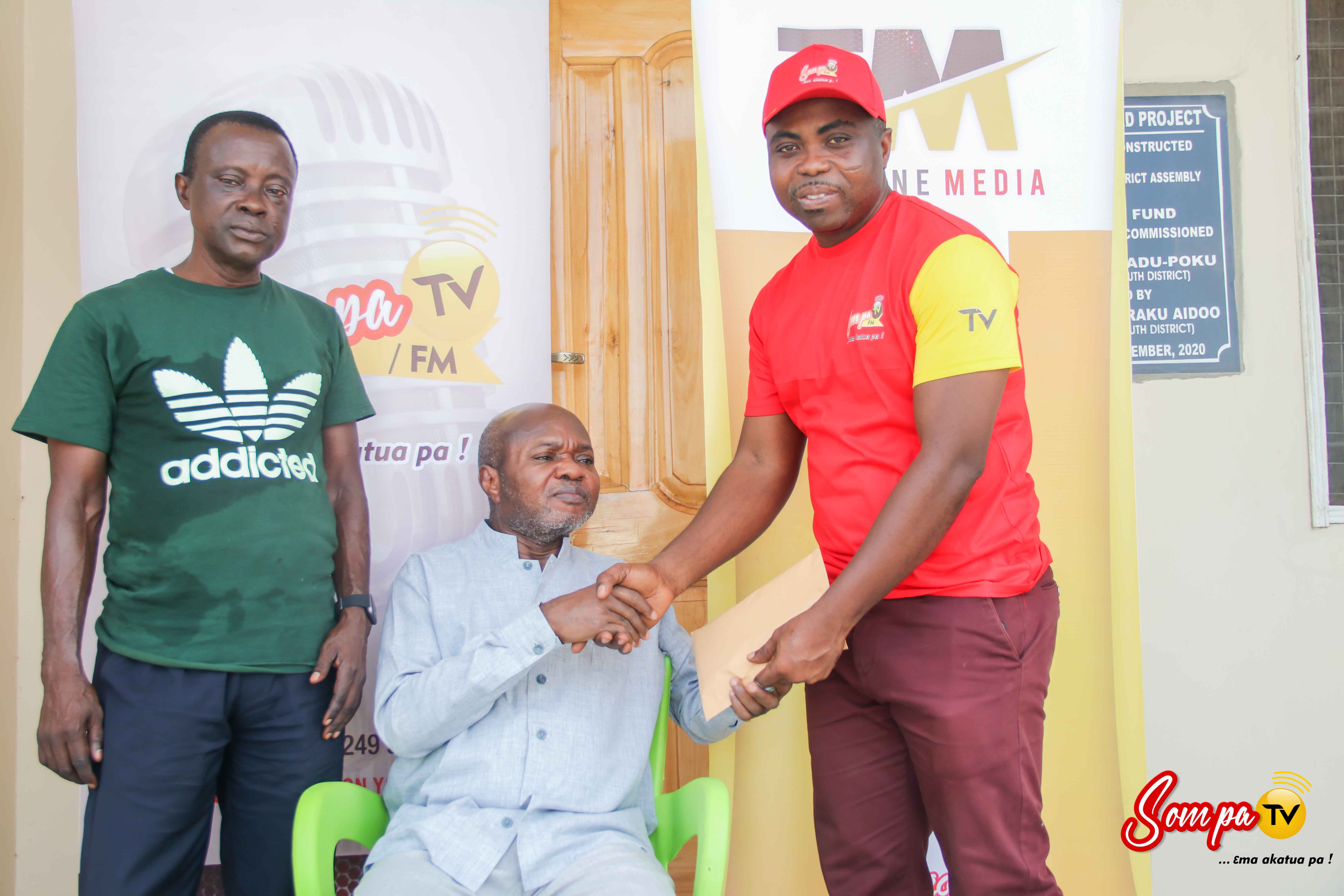
 Sompaonline.com offers its reading audience with a comprehensive online source for up-to-the-minute news about politics, business, entertainment and other issues in Ghana
Sompaonline.com offers its reading audience with a comprehensive online source for up-to-the-minute news about politics, business, entertainment and other issues in Ghana